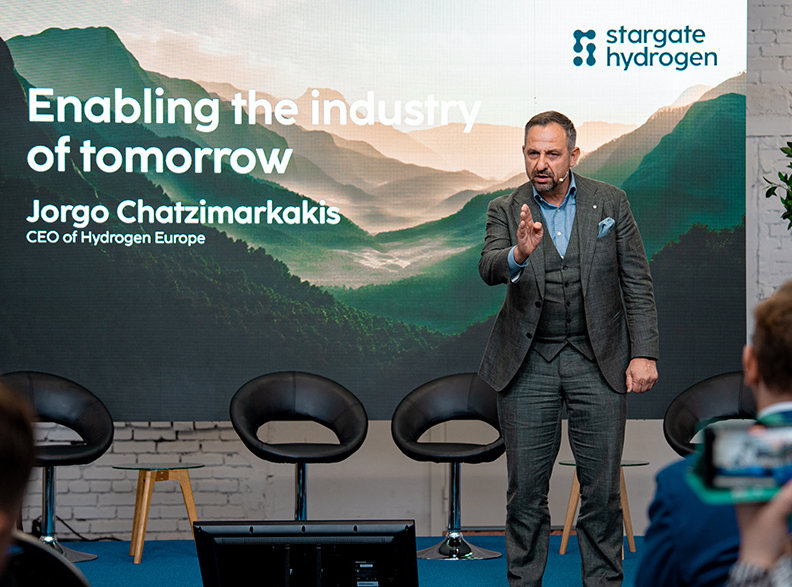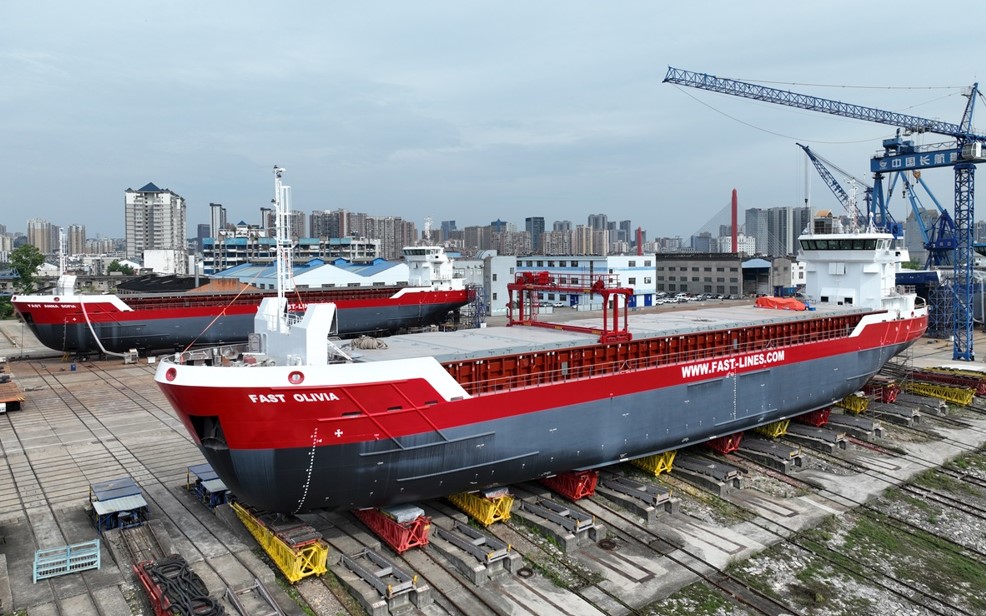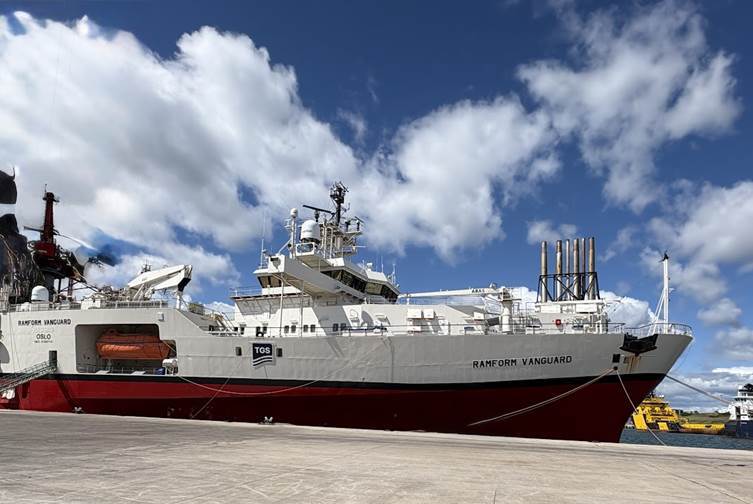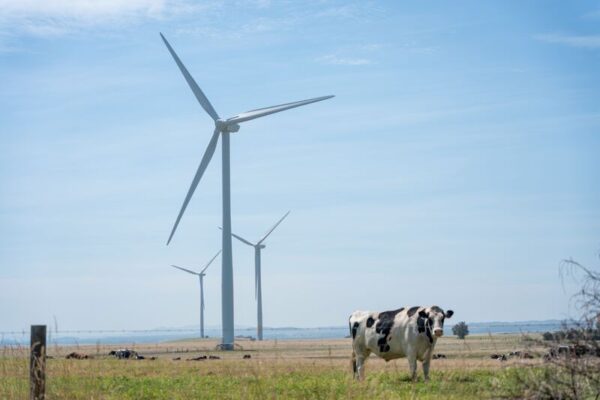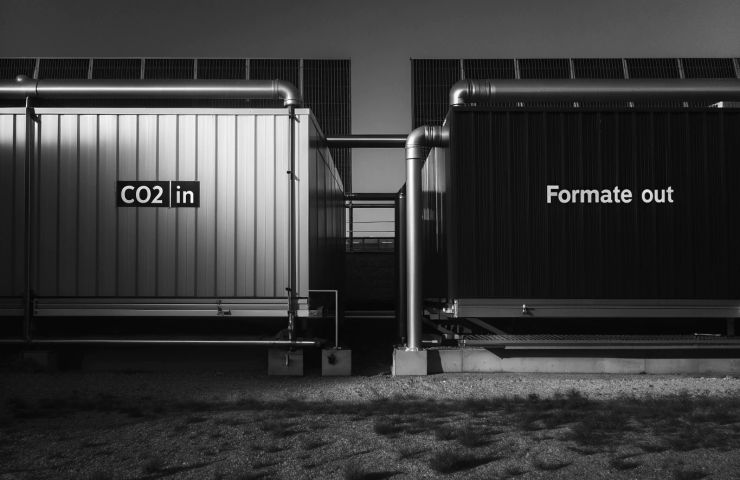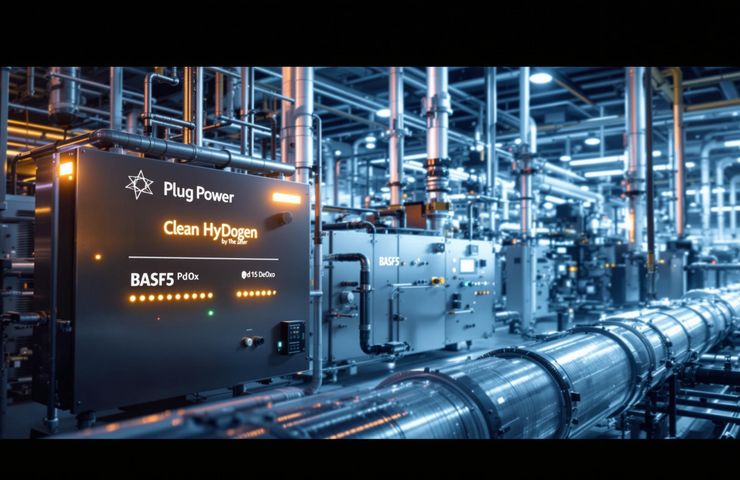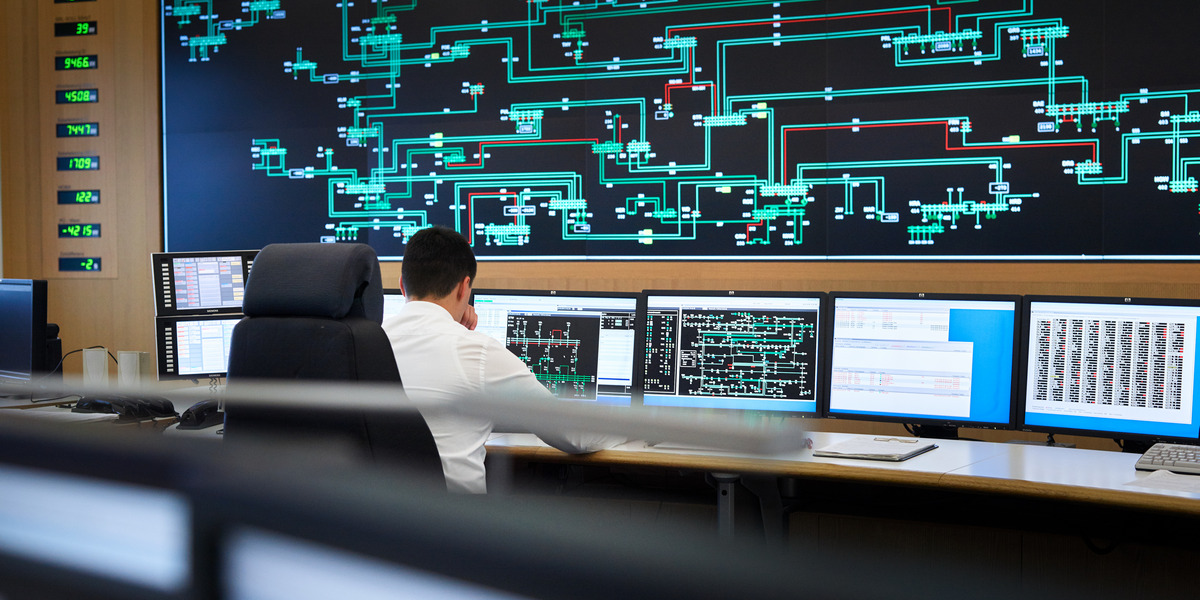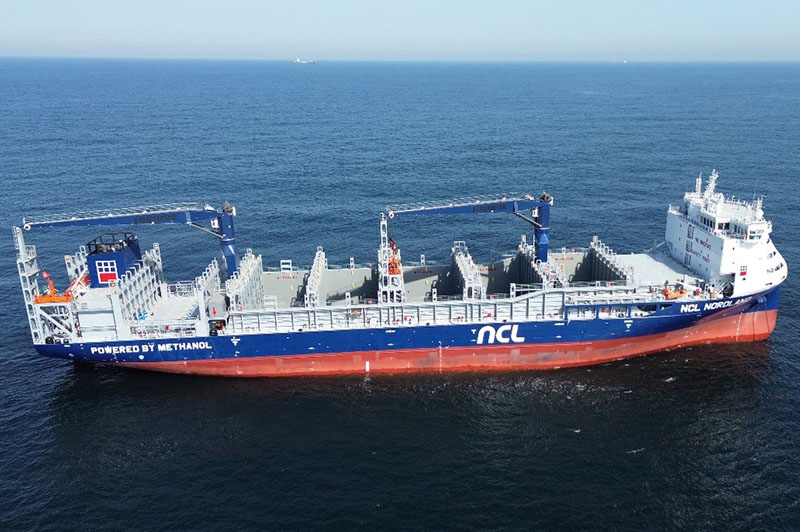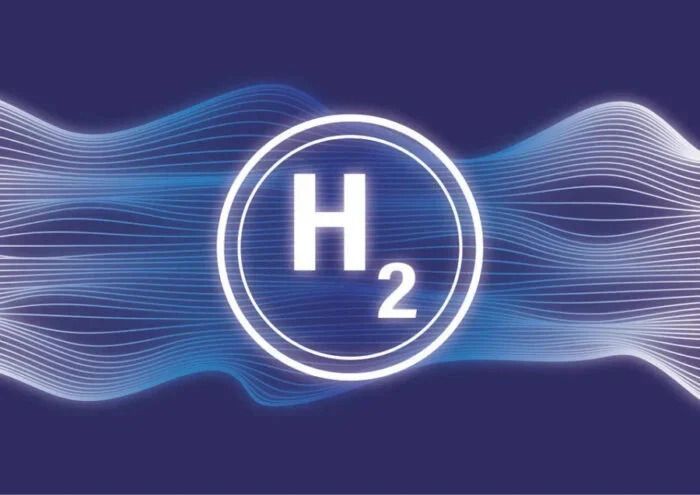UK – Millions spent on hydrogen buses left stuck in depots due to lack of fuel
UK – Millions spent on hydrogen buses left stuck in depots due to lack of fuel Councils have spent millions on hydrogen buses so plagued with faults that many vehicles […] The post UK – Millions spent on hydrogen buses left stuck in depots due to lack of fuel appeared first on Hydrogen Central.

UK – Millions spent on hydrogen buses left stuck in depots due to lack of fuel
Councils have spent millions on hydrogen buses so plagued with faults that many vehicles have been left trapped in depots for months at a time.
Liverpool, Birmingham and Aberdeen Councils are among those that have faced challenges with their hydrogen bus fleets, including high maintenance costs and a lack of fuel supply.
At least 139 hydrogen buses have been purchased by local authorities for around £500,000 each, as part of trials of the new technology in recent years.
However, experts told The i Paper problems faced by councils which have forced dozens of vehicles off the road, have been “utterly predictable” and urged authorities to focus on electric buses instead.
Some suggested hydrogen trials had taken place due to industry lobbying, with several councils having received funding from the oil and gas industry to help fund hydrogen buses.
David Cebon, Professor of Mechanical Engineering at the University of Cambridge, claimed the trials, which are often supported by taxpayers, are “way too expensive” and “the hydrogen supply is not there”.
He, said:
I’ve got a list of 27 failed hydrogen bus projects around the world and it’s just the same story again and again.
Buses stuck in depots
Hydrogen bus trials have been taking place in the UK for 20 years. In 2005, Transport for London (TfL) took part in a scheme alongside nine other European cities with funding from a group including oil-giant BP.
Since then cities across the UK and the world have experimented with hydrogen for their bus networks, but many of these trials have hit the same stumbling blocks, including high costs and a lack of reliable hydrogen supply.
The most recent UK trials have taken place in Liverpool, Birmingham, Crawley, Aberdeen and London. Dozens of buses involved have been off the road since last summer, including 25 in Aberdeen and 20 in Liverpool.
All except Liverpool participated in the Jive (Joint Initiative for hydrogen Vehicles across Europe) project, which was funded by the Clean Hydrogen Partnership, a partnership between the European Union and Hydrogen Europe, which represents the hydrogen industry.
Hydrogen Europe’s members include major oil and gas companies, including BP and Shell.
The Jive trials began in 2017 and concluded in June last year, however the authorities continue to own the buses and use them in their fleet.
A final report on the project concluded the schemes “have struggled to achieve consistent, reliable operation of the vehicles and infrastructure over extended periods”.
An analysis of the routes travelled by the buses found that many had been stuck in the depot for long periods, primarily due to a lack of hydrogen supply.
Fleets of diesel buses typically have an average availability around 90 per cent, meaning nine out of ten buses are expected to be available on any given day, according to the report.
However, it found the availability of the hydrogen buses was “well below” this, with the fleets in Birmingham and Crawley struggling to achieve availability above 30 per cent.
The councils that took part in the Jive trials are continuing to use their hydrogen buses with varied success.
An analysis of publicly available bus data by The i Paper found that 16 of TfL’s 20 hydrogen buses had been used this month so far, alongside 15 of Birmingham’s 20 buses and 50 of the 54 in operation across Crawley.
However, Aberdeen’s fleet of 25 hydrogen buses has been out of action since July last year.
Aberdeen City Council did not respond to The i Paper’s request for comment, but local paper The Press & Journal previously reported that both the council’s hydrogen refuelling plants are in need of repair.
Tom Baxter, a visiting professor in engineering at Strathclyde University, said:
There’s been a lot of hydrogen bus trials that have failed. I don’t know of any electric bus trials that have failed,
“There’s a lot of lobbying goes on, particularly with the vested interests around hydrogen. The big companies – the gas network companies, the oil and gas companies – companies with real power. It suits their business model, not necessarily the taxpayer.”
Liverpool City Region has also recently embarked on a hydrogen bus trial, which was not part of the Jive project and instead used funding from the UK Goverment’s Transforming Cities Fund.
However the fleet of hydrogen buses has been plagued with problems since they were first introduced in 2023 and have only made 450 journeys, an average of 22.5 journeys each. They have been out of use since June last year.
The buses were initially delayed due to a
A spokesperson for the combined authority told The i Paper,
Global shortage of hydrogen fuel
They said, adding that the work was being carried out,
A regular supply of green hydrogen has now been secured, but technical issues unrelated to the fuel supply have required the buses to undergo further testing and upgrade works,
“at no cost to the Combined Authority or the local taxpayer”.
Hydrogen fueling ‘very difficult’
As the UK transitions away from fossil fuels, electric vehicles have emerged as the most popular green option for cars and buses.
Hydrogen-powered vehicles offer another alternative, however many experts believe that hydrogen should be used sparingly, if at all, in the UK’s transport network.
This is because “green” hydrogen, which is made using renewable electricity, is very expensive to make. Most hydrogen in use today is produced using fossil fuels.
Hydrogen vehicle operators have often struggled to find reliable fuel supplies. Last week The i Paper revealed that the fuel supplier for the Crawley buses was planning to power the buses on hydrogen shipped from Neom, the controversial eco-city currently being built in Saudi Arabia.
Prof Cebon, said:
You read about projects where [hydrogen fuel] is shipped in thousands of miles from a grey hydrogen plant on the other side of the country… fueling stations which fail because fueling stations are very difficult.
Cost to the taxpayer
There is a lack of transparency over exactly how much taxpayer money councils are spending on hydrogen bus trials.
In most cases, the buses have been purchased by councils at a cost of around £500,000 each and then leased to bus operators.
The i Paper asked councils to confirm exactly how much taxpayer funding they have spent on hydrogen bus trials and how much funding they received from other sources.
Aberdeen Council did not respond to requests for comment.
It’s previously been reported that Aberdeen’s hydrogen bus trial cost £8.3m, which was funded by the council, the Scottish Government and JIVE.
Birmingham Council did not say exactly how much it has spent on its 20 hydrogen buses, but confirmed each cost roughly £500,000. It said it had received funding from the UK Government, Jive and Greater Birmingham and Solihull Local Enterprise Partnership.
Liverpool Council said it invested £10m from the UK Government’s Transforming Cities Fund in its project.
Surrey County Council, which purchased 34 buses for the Crawley trial, said it has spent roughly £16m on hydrogen buses and £9m on electric buses. It has also received funding from the UK Government’s Zero Emissions Buses Regional Areas scheme and contributions from bus operators.
TfL did not confirm how much it has spent on hydrogen buses.
A spokesperson, said:
We use a mix of fuel sources to meet different operational requirements, such as reducing the need to refuel on longer routes.
“For this trial we teamed up with other UK authorities to reduce procurement costs of hydrogen buses and share knowledge on what is a new and developing technology. Our initial joint analysis has helped to inform improvements in the performance such as better reliability.”
Hydrogen vs electric buses
When it comes to zero emission buses, the two main options are battery-electric or hydrogen.
In a net zero world, the starting point for both of these bus-types would be renewable electricity from sources such as wind and solar. This electricity then passes through various processes and as it does so, loses some of the energy that has been put in.
As the chart below shows, electric buses are much more energy efficient than hydrogen.
Based on calculations by Professor Cebon, the chart shows the energy efficiency of a hydrogen bus running on imported energy compared to an electric bus running on renewable energy produced in the UK.
READ the latest news shaping the hydrogen market at Hydrogen Central
UK – Millions spent on hydrogen buses left stuck in depots due to lack of fuel, source
The post UK – Millions spent on hydrogen buses left stuck in depots due to lack of fuel appeared first on Hydrogen Central.
What's Your Reaction?












